Like us on Facebook!

When something hits your family, you feel it. Listening to her parents' concerns with the drought in California, it really hit home for Abby that this is a preview of broad scale effects climate change will bring to many families. Please take a listen.

In this short excerpt, Abby describes a frightening cascade from temperatures to beetles to trees to forest fires to rainfall and more.

Unfortunately, climate change isn't just about being a little warmer. Abby describes a frightening cascade from temperatures to beetles to trees to forest fires to rainfall and more. This is critical - please take a listen.
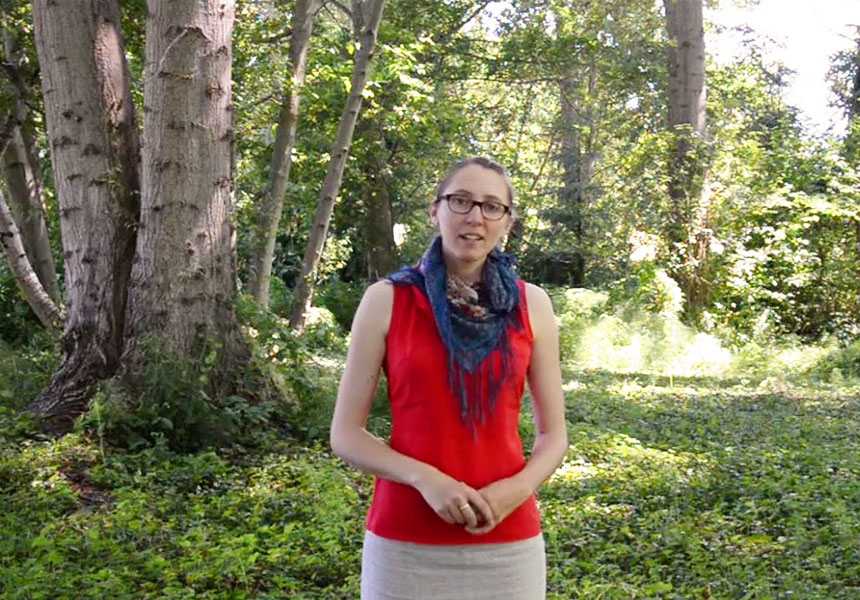
Like many young climate scientists, Abby has already witnessed significant, measurable changes to the Earth’s atmosphere. Knowing the physics, she's really motivated to share her concern about where we're headed...

From rural California, Abby's parents are quite concerned about the drought they and much of the west are facing. They haven't experienced such a drought before, and for Abby it's really come home to her that this is what global warming will look like.
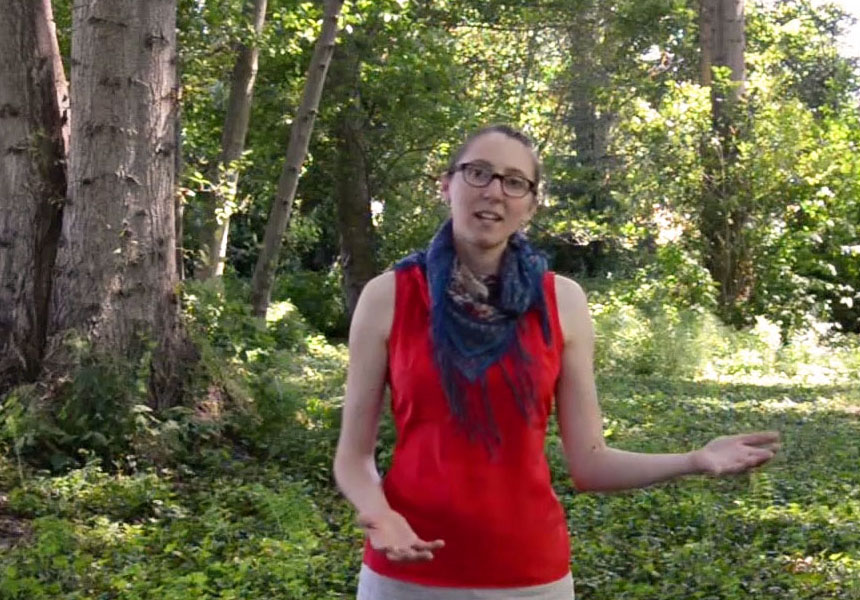
Scientists have come up with some pretty wild ideas for cooling the planet, but what about the acidity of the ocean? CO2 does more than trap heat. What do we need to do to keep our oceans alive?
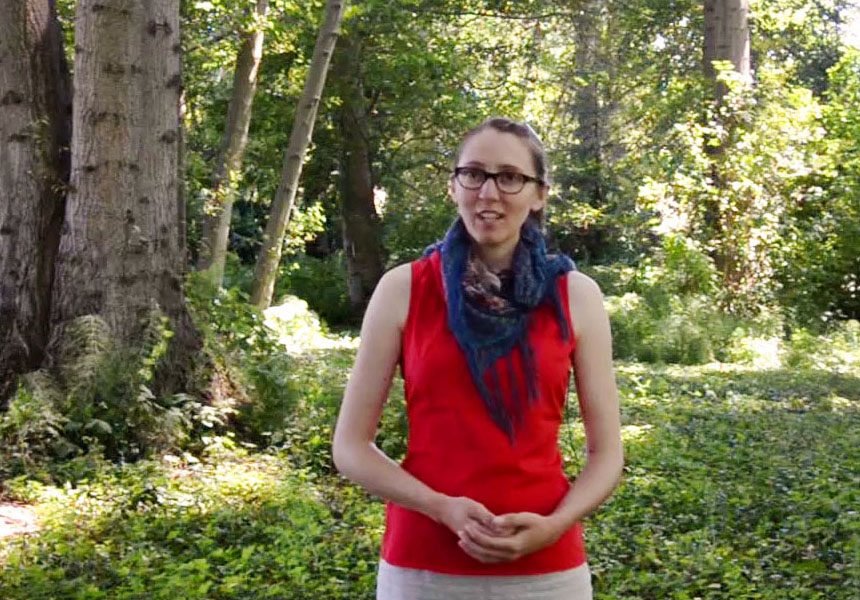
Like many people who study climate change, Abby really wishes she could say it's not real. Understanding the physics of heat-trapping gases doesn't really permit that tho...

We depend on water for so much. Drinking, agriculture, hydropower... Abby explains that while we can't tell the details of how rainfall will change, we know it will impact people all over the world.
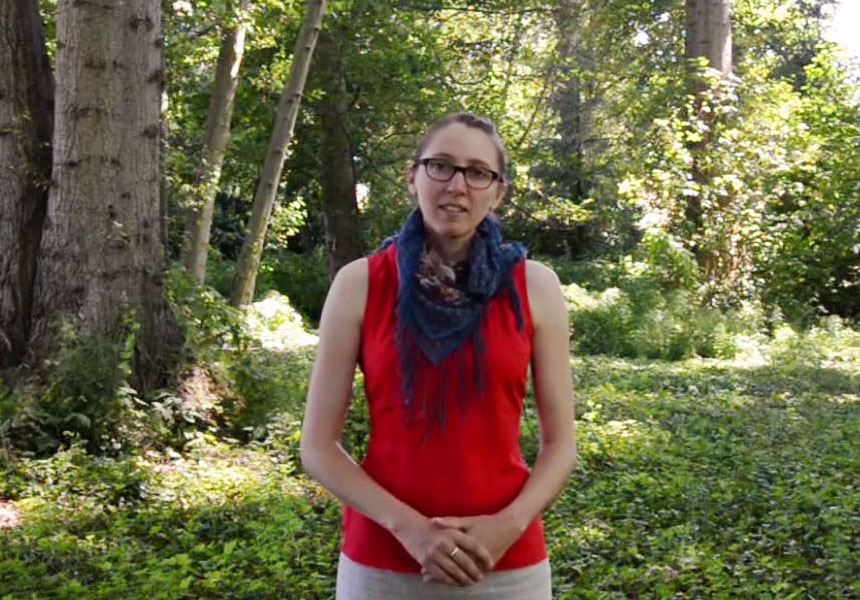
As scientists, we really like to disagree about things. True too with climate change? Abby tells us no, not for the basics.
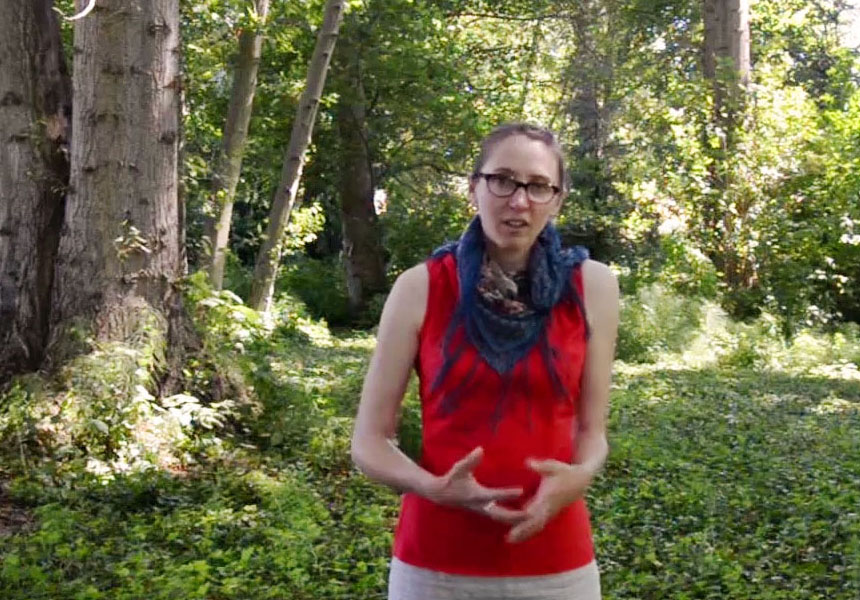
Abby's biggest concern about climate change is simply food. As temperatures rise, rainfall changes, and populations increase, how will we grow enough food for everyone?
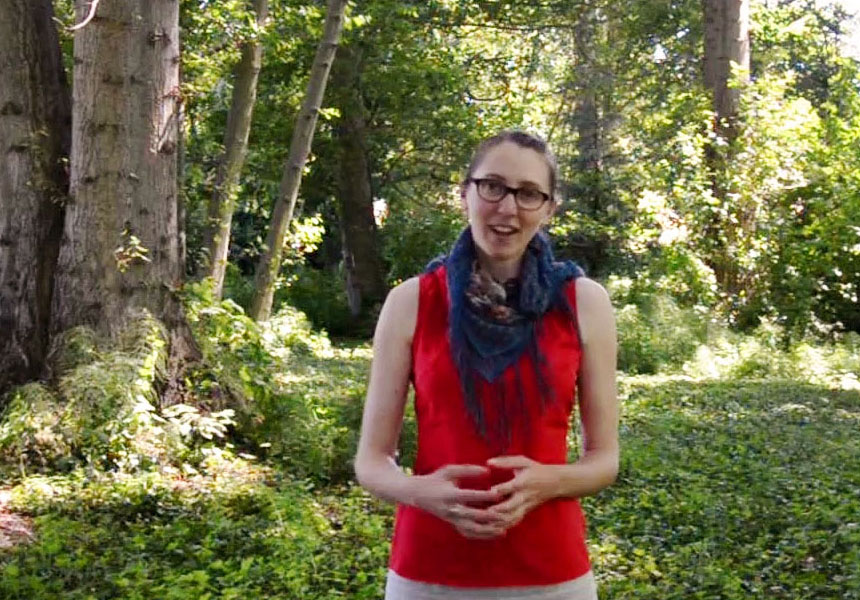
We have the technology and we have the tools. But do we have the willpower? Abby shares her hope that we can and we will win the battle against global warming.

Drive less? Yes. But there's another way to use your power. Abby reminds us that how we spend money and who we vote for can make a big difference.
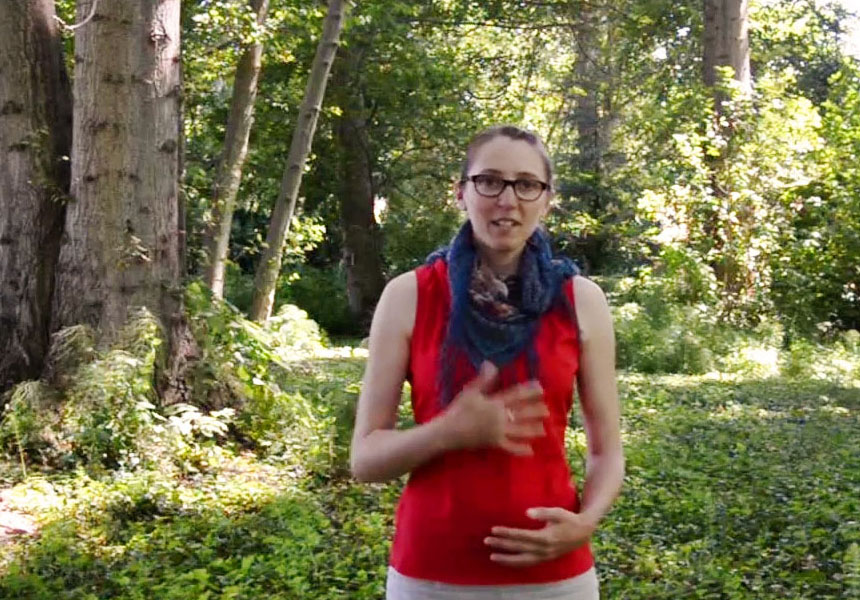
Personal choices? Yes. But Institutional changes are also needed. Support companies and politicians that take a stand and take action. We need a larger scale effort.

Meet Abby Swann, a professor at the University of Washington. Her research focuses on an important new approach to climate interactions – how do forests and agriculture matter for climate? For example, how does deforestation in the Amazon affect the global climate?